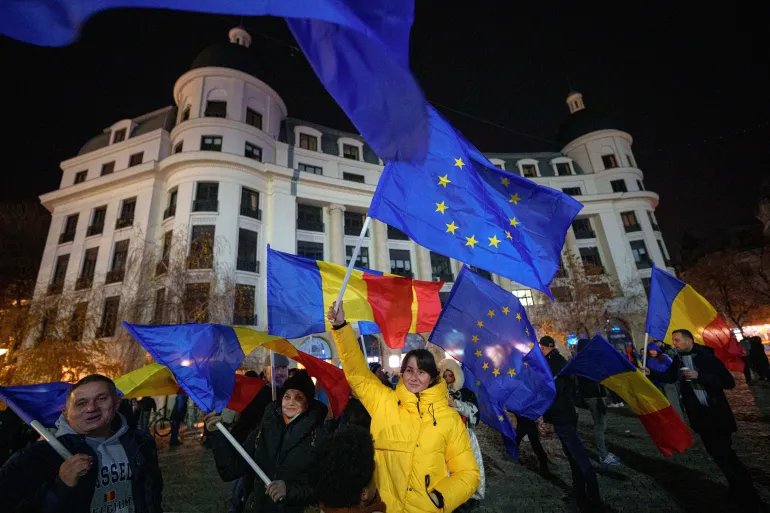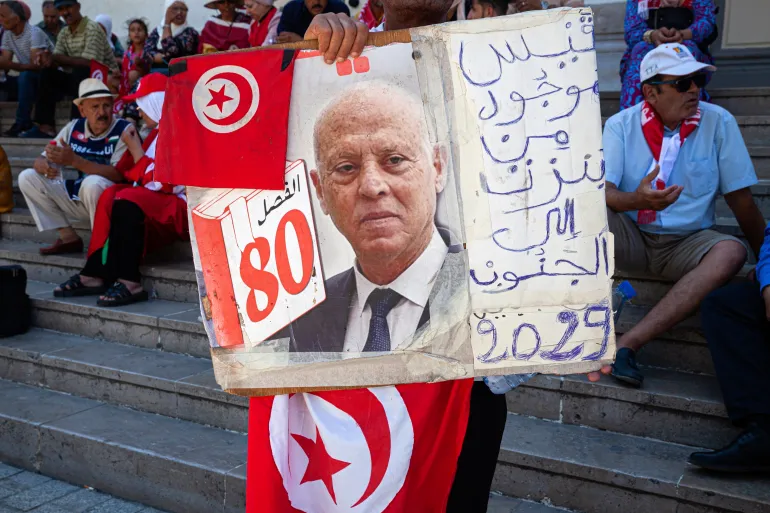A wave of national elections held across Romania, Poland, and Portugal on Sunday, May 18, 2025, has reshaped the political landscape in all three countries, signaling both continuity and dramatic change as voters responded to economic pressures, far-right populism, and calls for European integration.
The results reflected a mix of centrist resurgence, far-right gains, and progressive resilience, highlighting how Europe’s political mood remains volatile amid global instability, war in Ukraine, and cost-of-living crises.
🇷🇴 Romania: Far-Right AUR Surges, Runoff Ahead
Romania’s presidential election produced no outright winner, forcing a runoff vote between centrist mayor Nicusor Dan and ultra-nationalist George Simion, head of the far-right Alliance for the Union of Romanians (AUR).
Simion’s performance stunned political observers. Campaigning on a platform of nationalist rhetoric, anti-EU sentiment, and strong anti-immigration policies, he secured roughly 32% of the vote, placing just behind Dan’s 36%.
Nicusor Dan, the former mayor of Bucharest and a centrist known for his anti-corruption record and pro-European stance, is now tasked with rallying a fragmented center and left-wing vote in the second round. The runoff, scheduled for early June, is expected to test Romania’s democratic resilience as it faces increasing political polarization.
If Simion wins, it would mark a major shift to the far right in a key EU and NATO member state bordering Ukraine.
🇵🇱 Poland: Centrist Donald Tusk Returns to Power
In Poland, former European Council President Donald Tusk has made a political comeback, winning the presidency with a narrow majority, defeating the ruling right-wing nationalist camp led by Law and Justice (PiS) candidate Mateusz Morawiecki.
Tusk, running under the Civic Coalition, campaigned on restoring democratic norms, reestablishing judicial independence, and mending ties with the European Union after years of constitutional clashes and declining press freedoms under PiS rule.
Tusk’s victory is being hailed by EU leaders as a win for liberal democracy. Analysts expect a rapid thaw in EU-Poland relations, potentially unlocking billions in stalled EU recovery funds. However, his new presidency will face a deeply divided parliament and entrenched conservative influence in Polish institutions.
🇵🇹 Portugal: Socialists Hold Ground Amid Far-Right Push
In Portugal, the centre-left Socialist Party led by Pedro Nuno Santos held onto power, narrowly defeating the far-right Chega party, which made its strongest showing to date.
Chega, led by André Ventura, gained significant ground, capturing over 20% of the vote and emerging as Portugal’s second-largest party, a first in its democratic history. Ventura’s platform focused on crime, immigration control, and anti-corruption populism, drawing parallels with far-right parties across Europe.
Despite the surge, the Socialist Party retained a governing majority with support from smaller left-wing allies. Santos vowed to push forward with reforms on housing, green energy, and education while defending Portugal’s democratic institutions against extremism.
“We will govern for all, not just for the loudest voices,” Santos said in his victory speech.
📊 What This Means for Europe
These election results underscore a deepening ideological divide across Europe, with voters simultaneously embracing pro-EU centrism and right-wing populist alternatives. The elections also reflect a growing backlash against traditional parties, with younger voters leaning toward anti-establishment voices.
European Union leaders expressed relief over Tusk’s win in Poland and Dan’s first-round lead in Romania, but also voiced concern over the rapid ascent of nationalist forces like AUR and Chega.
The next few weeks will be critical in shaping the political direction of these three nations. Romania’s runoff in particular will serve as a litmus test for how far-right ideologies are penetrating Europe’s political mainstream — and whether centrist coalitions can hold the line.
With Ukraine’s war ongoing, economic pressures high, and public trust in institutions wavering, Europe’s electoral season is far from over. But these results offer a snapshot of a continent still wrestling with its future.
Source; Al Jazeera



